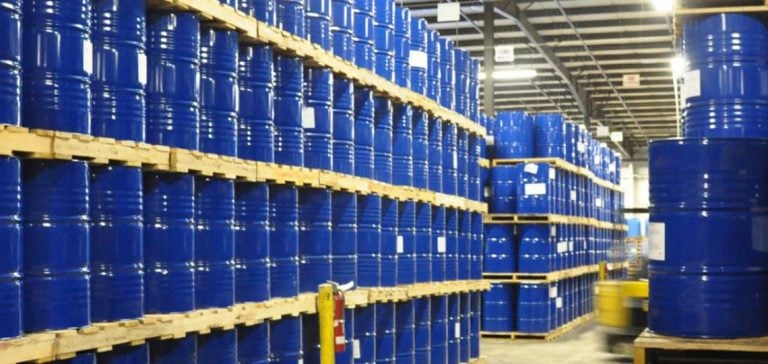The dynamics of the oil products market in Asia place kerosene above its co-distillates, particularly diesel. The “crack spread” of kerosene in Asia, which measures the difference between the price of refined kerosene and that of crude oil, has maintained its lead over 10ppm sulfur diesel for the eighth consecutive session, according to data from S&P Global Commodity Insights.
Platts assessed the kerosene FOB Singapore spread against Dubai swaps at $14.29 per barrel at the Asian close on October 23, compared to $13.74 for 10ppm sulfur diesel. Demand from North Asia, in anticipation of the winter season, significantly contributes to the strength of prices.
Impact of Regional Demand
A jet fuel trader in North Asia explained that the kerosene market remains tight in this region. This is supported by the growing interest in supplies, with companies like Wepec in China recently selling 40,000 tons of Jet A-1 kerosene at a premium of $1.12 per barrel above the average Platts assessment in Dalian.
Downside Risks Despite Rising Prices
Despite this upward trend, risks remain. Refiners, although encouraged to maximize kerosene production to meet winter demand, hesitate to reduce diesel production due to the upcoming arrival of cargoes from India and the Middle East. These imports could disrupt the market and weigh on kerosene prices.
S&P Global estimates show that cargoes from these regions are increasingly directed toward Singapore, notably due to the closure of routes to Western Europe, where arbitrage is less profitable.
Impacts on European Stocks
At the same time, kerosene stocks in the Amsterdam-Rotterdam-Antwerp (ARA) refining hub increased by 86,000 tons to reach 1.109 million tons in the week ending October 17, a jump of nearly 40% compared to the previous year. This suggests that the situation in Europe could also influence short-term decisions by Asian refiners.





















